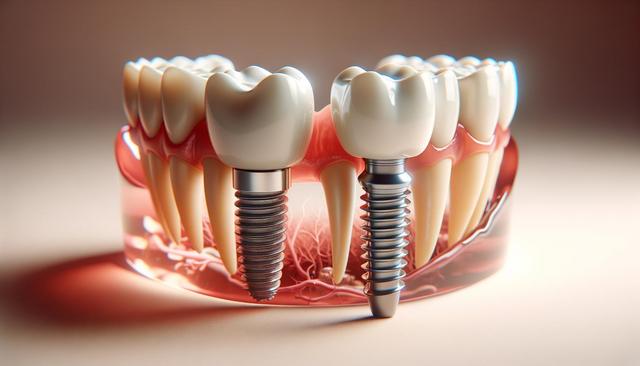Understanding the Havanese Breed
The Havanese is a small, sturdy dog originally bred as a companion animal. Known for their affectionate nature and sociable temperament, these dogs are native to Cuba, where they were cherished by aristocratic families. Their name derives from Havana, the capital city of Cuba, and they are considered the country’s national dog. Havanese puppies are part of the Bichon family, which includes other small, fluffy breeds. One of their most recognizable features is their silky, long coat, which comes in a variety of colors and patterns. Despite their glamorous appearance, they are relatively low-shedding, making them a consideration for allergy-sensitive households.
Havanese puppies typically weigh between 7 to 13 pounds when fully grown and stand about 8.5 to 11.5 inches tall at the shoulder. They are adaptable to both apartment living and homes with yards, provided they receive adequate exercise and attention. Their intelligence and eagerness to please make them quick learners, which can be especially helpful during training.
Temperament and Personality Traits
One of the most endearing qualities of Havanese puppies is their friendly and outgoing personality. These dogs thrive on human interaction and often form strong bonds with their families. They are known to follow their owners from room to room, always wanting to be involved in daily activities. Their affectionate nature makes them excellent companions for children, seniors, and other pets.
Havanese dogs are naturally alert and may bark to alert their owners of unfamiliar activities, but they are not typically aggressive. Their social tendencies extend beyond the household, as they usually get along well with strangers and enjoy meeting new people. Some key personality traits include:
- Playful and energetic
- Loyal and affectionate
- Gentle with children and other animals
- Responsive to training and commands
Because they are so people-oriented, Havanese dogs do not do well when left alone for long periods. Separation anxiety can be an issue, so it’s important for prospective owners to consider their daily routines and ensure the dog won’t be isolated too often.
Training and Socialization Tips
Havanese puppies are intelligent and eager to learn, which makes them relatively easy to train compared to some other breeds. Positive reinforcement techniques, such as treats, praise, and play, work effectively to encourage good behavior. Consistency and patience are key, especially during the early stages of training.
Early socialization is essential for Havanese puppies to ensure they grow up to be well-rounded adults. Introducing them to a variety of people, pets, environments, and sounds during their formative weeks can help prevent fear-based behaviors later in life. Some effective training and socialization practices include:
- Enrolling in puppy classes to promote structured learning and interaction
- Creating a regular schedule for meals, potty breaks, and playtime
- Using crate training to provide a safe and comforting space
- Gradually exposing the puppy to different environments like parks or pet-friendly stores
Due to their eagerness to please and quick adaptability, Havanese dogs often perform well in dog sports and obedience competitions. Their responsiveness also makes them suitable candidates for therapy dog training.
Grooming and Health Considerations
Despite their long, flowing coats, grooming a Havanese is manageable with regular maintenance. Their hair grows continuously and does not shed heavily, but it can become tangled or matted if not brushed frequently. Owners should aim to brush their Havanese several times a week using a soft-bristle brush or grooming comb.
Routine grooming practices should also include:
- Bathing every few weeks with a gentle dog shampoo
- Regular ear cleaning to prevent infections
- Brushing teeth a few times a week to maintain oral health
- Trimming nails as needed to prevent overgrowth and discomfort
In terms of health, Havanese are generally a robust breed, but like all dogs, they are susceptible to certain genetic conditions. Common health issues may include hip dysplasia, cataracts, and heart murmurs. Regular veterinary check-ups and a balanced diet can help ensure a long and healthy life. Most Havanese have a lifespan of 14 to 16 years, making them a long-term companion for dedicated owners.
Is a Havanese Puppy Right for You?
Deciding to bring a Havanese puppy into your home is a commitment that requires thoughtful consideration. These dogs are not only affectionate and intelligent but also thrive on companionship and consistency. They are ideal for individuals or families who can provide ample time, attention, and care.
Havanese puppies are a great match for:
- Families with children who understand gentle handling
- Retirees seeking a loyal companion
- First-time dog owners with time for training and bonding
- People living in small spaces, like apartments, as long as daily walks are provided
However, they may not be the best fit for people who travel frequently or are away from home for extended hours. Their need for human interaction makes them better suited to environments where they are rarely left alone. If you’re ready to invest the time and energy into training, socializing, and caring for a dog that truly thrives on companionship, a Havanese puppy could be a wonderful choice.




Leave a Reply